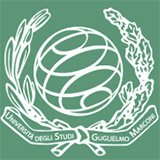Introduction
Guglielmo Marconi University, often referred to as Marconi University, is the first open university in Italy and the first digital university officially recognized by the Italian government. It is located in Rome, the capital of Italy.
Overview
Number of students: about 16,000 students in 2022.
Course settings: The school offers undergraduate and postgraduate degree courses. It has six colleges, including the School of Economics, the School of Law, the School of Humanities, the School of Education, the School of Political Science and the School of Engineering. It offers courses in more than 30 majors in the fields of business, engineering, law, and communications.
History **: The school was proposed by the Tertium Foundation, which consists of the "Roman Savings Bank", the "Interuniversity Communication Education Alliance" and the "Bologna Savings Bank", and was recognized by the decree issued by the Italian Ministry of Education, University and Research on March 1, 2004.
Establishment time **: 2004.
School strength
Faculty: It has about 500 Academic staff, including professors, associate professors and professional tutors, provide professional teaching guidance and support for students.
Teaching resources: As a digital university, it has the latest online learning technology, including online multimedia platforms, learning management systems, etc. It is also equipped with a professional tutoring and support team to provide guarantees for students' online learning.
Institutional nature **: Private non-profit university.
Educational philosophy **: Aims to provide students with high-quality, personalized, time- and space-free learning opportunities through innovative educational models and learning technologies, promote academic excellence and innovation, cultivate students' critical thinking, creativity and practical ability, promote students' academic and professional growth, and enable them to better adapt to the needs of society and the workplace.
Key laboratories and disciplines
Key laboratories: No specifically named key laboratories were found in the school, but the school pays attention to scientific research investment and has built some discipline-related research laboratories, such as the scientific research platform of engineering science, and actively cooperates with enterprises and research institutions to promote the transformation and application of scientific research results.
Key disciplines: The school has certain advantages and characteristics in disciplines such as economics, law, engineering, and education. For example, in the U-Multirank ranking system, Marconi University ranks among the top 25 in the world in terms of international joint publications, open access publications, and regional joint publications.
Faculty **: It has six colleges, including the School of Economics, the School of Law, the School of Humanities, the School of Education, the School of Political Science, and the School of Engineering.
Ranking **: It performs relatively well in the U-Multirank ranking system, but is not listed in the US News Global Best University Rankings. Its physics discipline ranks 520th in 2022-2023.
Expense **: No clear tuition standards for the school were found, but generally, the tuition fees of private universities in Italy are higher than those of public universities. The tuition fees for undergraduate and master's programs may range from thousands of euros to tens of thousands of euros per year. In addition, students also need to pay for accommodation and living expenses. The cost of living in Rome is relatively high, and the annual accommodation and living expenses are about 10,000-15,000 euros.
Campus Environment **:
Geographic location: The main campus is located in Rome, close to the Vatican City. In addition, it has more than 50 branch campuses and More than 20 examination locations.
Campus facilities: The campus has administrative office campus, multimedia production campus, main teaching campus, etc. It has modern teaching facilities and complete living facilities, such as classrooms, laboratories, libraries, restaurants, coffee bars and gymnasiums, etc., providing students with a comfortable and convenient learning and living environment.
-
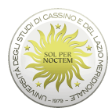
University of Cassino and Southern Lazio
-
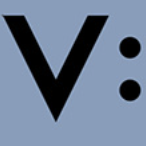
University of Campania Luigi Vanvitelli
-
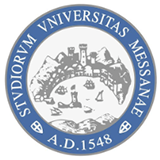
University of Messina
-
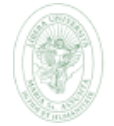
Libera Universita degli Studi Maria SS. Assunta di Roma (LUMSA)
-
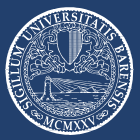
University of Bari Aldo Moro
-
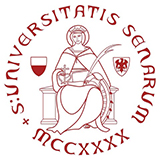
University of Siena
-
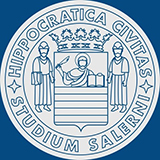
University of Salerno
-
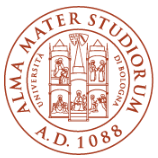
University of Bologna
-
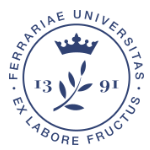
University of Ferrara
-
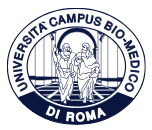
Campus Bio-Medico University of Rome
-

Mesoamerican University
-

Istmo University
-

Mariano Galvez University of Guatemala
-

Regional University of Guatemala
-

Galileo University
-

Francisco Marroquín University
-

Rafael Landívar University
-

University of the Valley of Guatemala
-

University of San Carlos of Guatemala
-

Technological Institute of Tlaxcala Plateau
-

Golfo University
-

Technological University of South Sonora
-

Technological University of Huejotzingo
-

Tizimín Institute of Technology
-

Chilpancingo Institute of Technology

